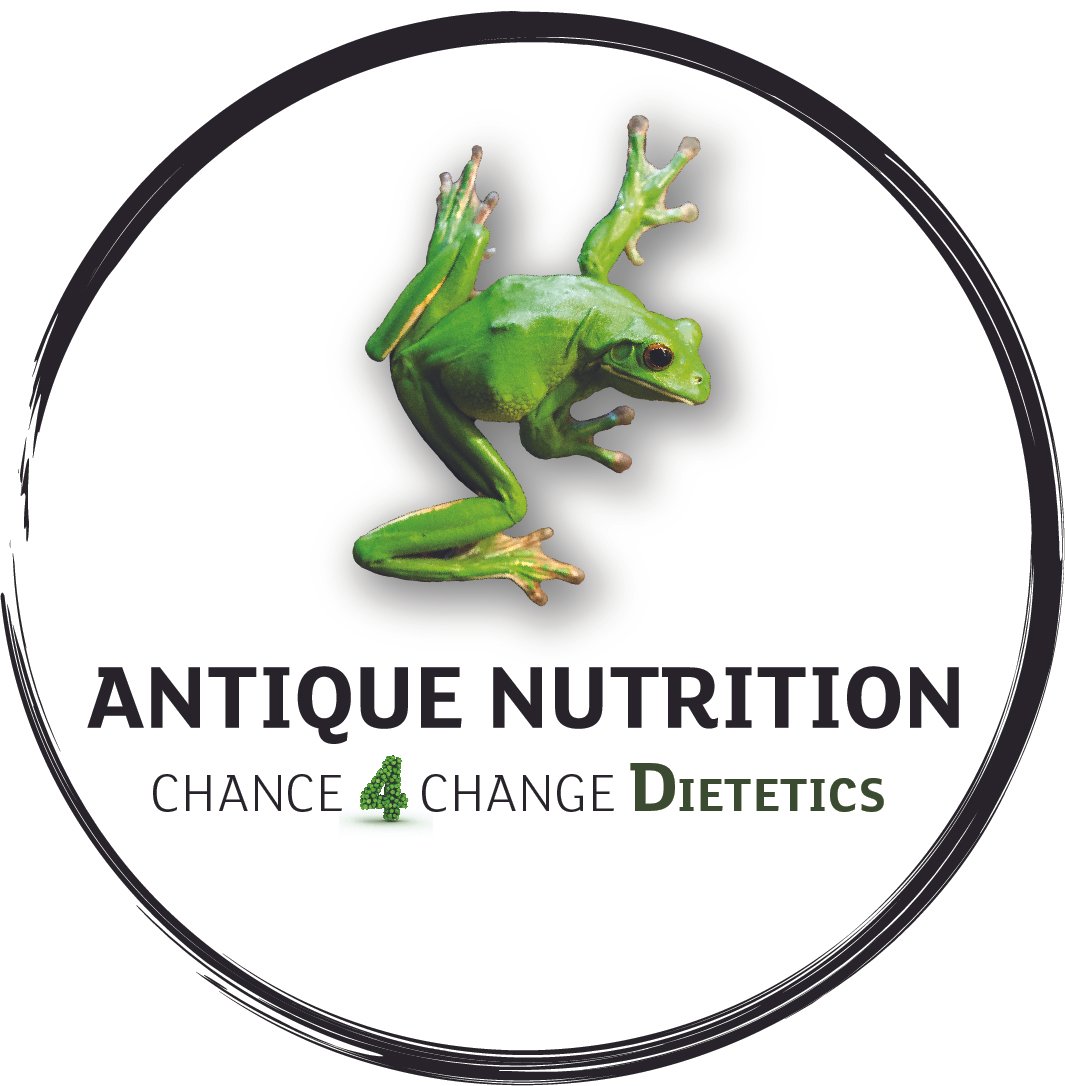New Year New Trends 2024
Happy New Year!
Top Nutrition Trends for 2024
Personalisation & Precision Nutrition
Forget bland, generic diet plans! Personalised and precision nutrition is revolutionizing how we nourish ourselves. It's about ditching the "one-size-fits-all" approach and crafting a dietary roadmap tailored to your specific needs, goals, and lifestyle. This trend is moving with the times, harnessing the power of technology and research to unlock your nutritional blueprint. Some examples include:
Dietary DNA testing - provide us with insight into how our bodies digest, absorb, metabolise and excrete food and nutrients differently to other people. This information can be used to improve an individuals heart health, gut health and success of weight loss. Further information here
Collaborating with a registered Dietitian to translate this knowledge into a personalised plan
Wearable devices such as CGM giving us an understanding of our blood sugar fluctuations
Tests and analysis to review gut bacteria (should not be used as diagnostic tools)
Of course, navigating this exciting field requires caution. Remember, even sophisticated technology needs expert guidance. Seek a professional's opinion to ensure you interpret the results accurately and translate them into sustainable, practical dietary changes.
Functional Foods
These foods concentrate on the specific health benefits that they provide. Several natural foods provide functional benefits such as the following:
no added sugar yoghurt or kefir with probiotics to support a strong gut and immune system
antioxidant rich turmeric, green tea, blueberries (and more) for inflammation reduction
fresh salmon or trout and or walnuts rich in Omega-3 rich fats to provide anti-inflammatory properties supporting eye, skin, brain and joint health
artichokes, legumes, asparagus, bananas and oats all provide beneficial prebiotic fibres to help feed good bacteria in our gut to strengthen the microbiome, digestion, mood and immune system.
Several food companies are jumping on board and adding functional nutrients such as the above into food items. Remain a healthy skepticism and always review the nutritional information panel (NIP) before choosing.
Sustainable Eating & Food Waste Reduction
With growing awareness of the environmental impact of food production, consumers are becoming more conscious of food waste. This trend is leading to a focus on buying local and seasonal produce, reducing portion sizes, and composting food scraps.
Eating for the planet is just as important as eating for your health. This trend involves choosing foods that are produced sustainably, with minimal impact on the environment. This could mean supporting local farmers, meal prepping to save on time and pantry items and to avoid over purchasing on ingredients that only serve one recipe, instead with meal prep, produce can be used across several recipes.
Aim for cost-effective plant-based foods at least twice per week such as tofu, tempeh or pulses & legumes.
Be on the lookout for novel proteins, such as insects and ancient grains as they start to make there way on the supermarket shelves as a cost effective and sustainable option.





